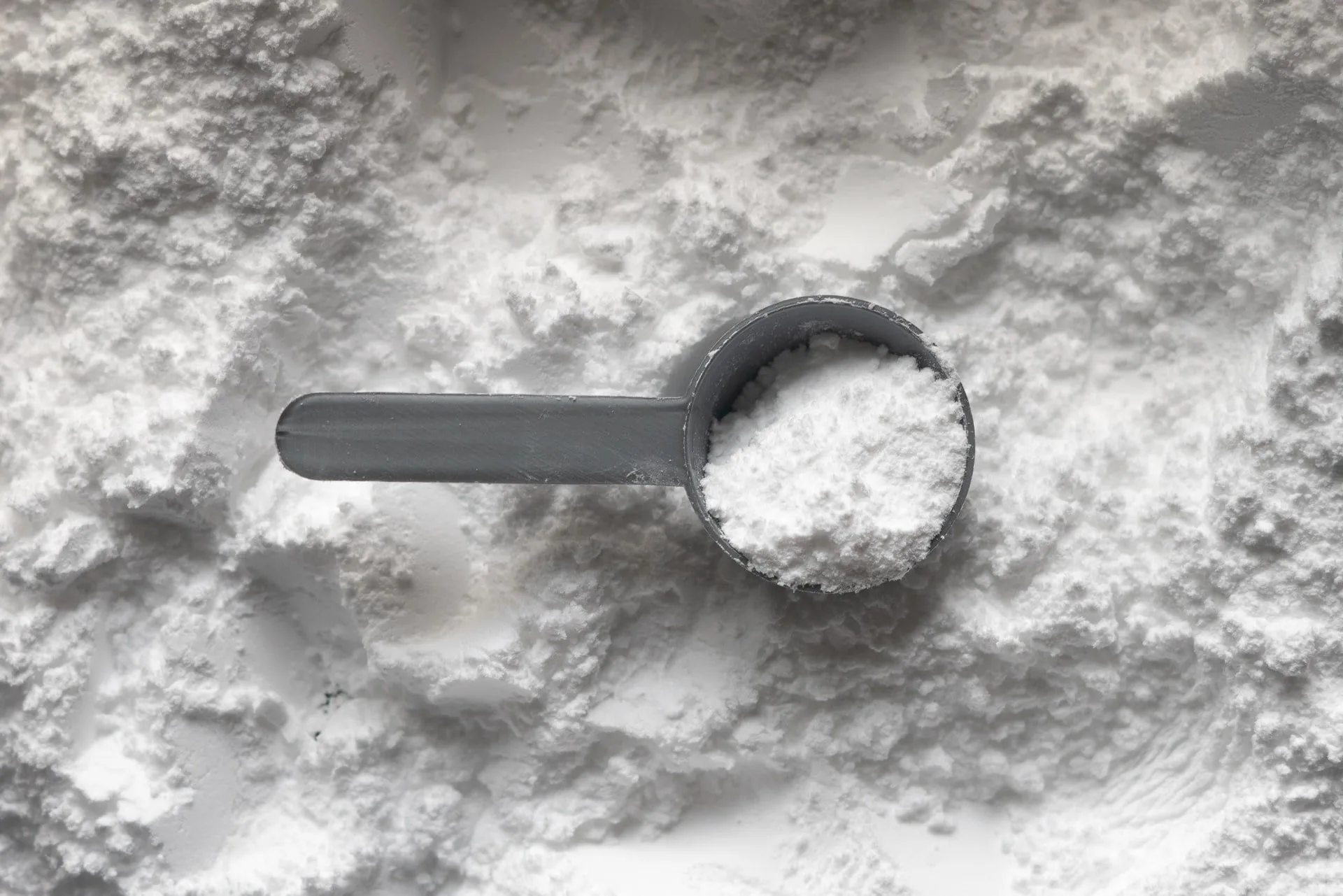Managing blood glucose levels is essential for people living with diabetes, and it’s not easy to do. So imagine thinking you’re doing well, but it turns out you’re not! That’s what happened to a client of mine who was testing her blood glucose levels for three to four hours after a high-carb meal. While they were somewhat elevated, she wasn’t too concerned. When I suggested she test after two hours (the recommended time), everything changed.
That’s because blood sugar levels naturally spike after a meal. It happens to everyone, whether we have diabetes or not. But consistently high levels of blood glucose (and higher spikes after eating) can do real damage to the body. That’s why this article on whey protein’s benefits for Type 2 Diabetes and the prevention of cardiovascular disease is worth investigating.
Whey Protein Can Play a Constructive Role
High blood glucose levels cause inflammation. It also triggers the immune system to overreact and increase the production of free radicals and advanced glycation products (AGEs). These are all known to play a role in metabolic and other chronic diseases such as atherosclerosis, kidney disease, and cardiovascular disease. They’re even connected with damage to the eyes and the peripheral nerves of the hands and feet.
What’s a post-prandial spike, and why is it so important?
Blood sugar levels after a meal (post-prandial) are usually a good indicator of how the body is responding to the carbohydrates in the meal. Higher and longer spikes indicate that the body isn’t absorbing glucose into the cells efficiently. This is known as hyperglycemia, and it’s a sign of both insulin resistance and poor metabolic health.
In fact, some argue that high post-prandial blood sugar levels (usually measured two hours after a meal) are a better indicator of blood sugar management – and therefore of risk – than fasting levels. Managing these spikes is vital for anyone with diabetes, and even those who are healthy.
That’s where whey protein comes in.
What is whey protein?
You may associate whey protein with bodybuilders, athletes, and even people trying to lose weight. That’s because whey is an excellent source of protein. It contains all nine essential amino acids.
Whey is derived from milk. When cheese is made, the liquid that’s left after the milk curdles is known as whey. The liquid is subsequently dried into a powder.
How does whey protein help blood sugar levels after a meal?
Studies have shown that consuming whey protein before a meal has a number of benefits:
1. Increased release of insulin. This may be due to the branch-chain amino acids (BCAA’s) that make whey protein so easily and quickly digestible. These amino acids stimulate insulin production, which reduces blood sugar levels after eating.
2. Increased levels of incretin hormones (gut peptides). One such hormone is glucagon-like peptide-1 (GLP-1), which reduces blood sugar levels when they become elevated (such as after eating).
3. Delayed gastric emptying (the time food takes to empty from the stomach). This has been shown to reduce the blood-sugar spike.
4. Reduced hunger. This is due to the proteins in whey, which have been shown to influence hormones such as ghrelin (the “hunger hormone”). When compared to other proteins such as eggs, milk, tuna, turkey, or soy, whey reduced appetite best.
5. Antioxidant and anti-inflammatory effects. Whey is a source of cysteine and has been shown to help maintain glutathione (GSH) function. Glutathione plays a role in reducing both oxidative stress and insulin resistance, which are involved in diabetes and cardiovascular disease.
Forms of Whey Protein
There are various forms of whey, each with its own benefits.
Whey concentrate is the least processed form of whey, which means it still contains carbohydrates and fats along with the protein. It’s also the most inexpensive form.
Whey isolate is further processed to remove the carbohydrates and fat, giving it a higher protein content. It’s also easier to digest for those who are lactose intolerant.
Hydrolyzed whey has gone through a process of hydrolysis in order to break it down further; this allows it to be absorbed at a faster rate. It’s usually used by athletes and people with milk allergies. It’s more bitter, and it’s also the most expensive form.
Using Whey to Help Manage Blood Glucose Spikes
Two studies (2,3) looked at a pre-meal dose of 15g of whey protein. The first study used a ready-to-drink mix made with hydrolyzed whey, while the second assessed both a plain concentrate and a hydrolyzed version. These were consumed by participants with Type 2 diabetes for 15 minutes or immediately before each meal.
In the first study, they looked at the time spent in hyperglycemia (>10 mmol/L) vs the normal blood sugar range during a seven-day period supplemented with a preload shot of whey powder (hydrolyzed)10 minutes before each meal. The results were impressive: participants spent two additional hours in the normal blood sugar level range. This was without any changes in medication, physical activity, or diet (other than the whey powder, of course).
In the second study, they tested both a concentrated whey protein powder and a hydrolyzed whey powder, using a 15g dose immediately before breakfast and lunch. Blood glucose levels improved and satiety (the sense of fullness) increased with both; researchers found no difference between the two types of whey.
Final Words
Controlling blood glucose levels after meals is essential for people with Type 2 diabetes, given the risk of cardiovascular disease. The use of a functional food such as whey protein has great potential for those who don’t want to increase their medications to control their blood sugar levels.





![women [longevity live]](https://longevitylive.com/wp-content/uploads/2020/01/photo-of-women-walking-down-the-street-1116984-100x100.jpg)









